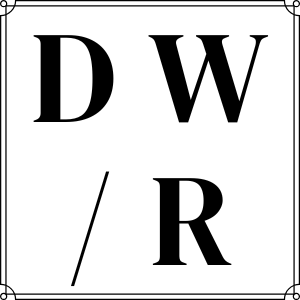A Tutor-Led Collaborative Modelling Approach to Teaching Paraphrasing to International Graduate Students
Language learners are at particular risk of being accused of plagiarism, and this is often due to incorrect paraphrasing and quoting practices. Tertiary institutions tend to provide rudimentary citation resources through their academic integrity…
Listed in Article | publication by group Discourse and Writing/Rédactologie
Version 1.0 - published on 10 Jul 2025 doi: 10.31468/cjsdwr.789 - cite this
Licensed under Creative Commons BY-SA 4.0
Description
Language learners are at particular risk of being accused of plagiarism, and this is often due to incorrect paraphrasing and quoting practices. Tertiary institutions tend to provide rudimentary citation resources through their academic integrity initiatives. Handouts, webinars and one-hour workshops may be enough for undergraduate writers who receive more elaborate instruction and practice opportunities in their classes, but for international graduate students with little to no instruction on source use in their undergraduate degrees, these resources are not enough. These writers often need more conceptual and procedural clarity to paraphrase and use sourced information correctly in their writing. This article introduces a student-centred, collaborative modelling approach and a 5-step procedure for teaching paraphrasing to multilingual graduate students in one-to-one writing center tutoring sessions.
Cite this work
Researchers should cite this work as follows:
- Denchuk, A., (2025), "A Tutor-Led Collaborative Modelling Approach to Teaching Paraphrasing to International Graduate Students", HSSCommons: (DOI: 10.31468/cjsdwr.789)
Tags
Notes
Original publication: Denchuk, Antoanela. "A Tutor-Led Collaborative Modelling Approach to Teaching Paraphrasing to International Graduate Students." Discourse and Writing/Rédactologie, vol. 30, 2020, pp. 62-78. DOI: 10.31468/cjsdwr.789. This material has been re-published in an unmodified form on the Canadian HSS Commons with the permission of Discourse and Writing/Rédactologie. Copyright © the author(s). Work published in DW/R is licensed under the Creative Commons CC BY-SA license
Publication preview
Discourse and Writing/Rédactologie
This publication belongs to the Discourse and Writing/Rédactologie group.
When watching a publication, you will be notified when a new version is released.
